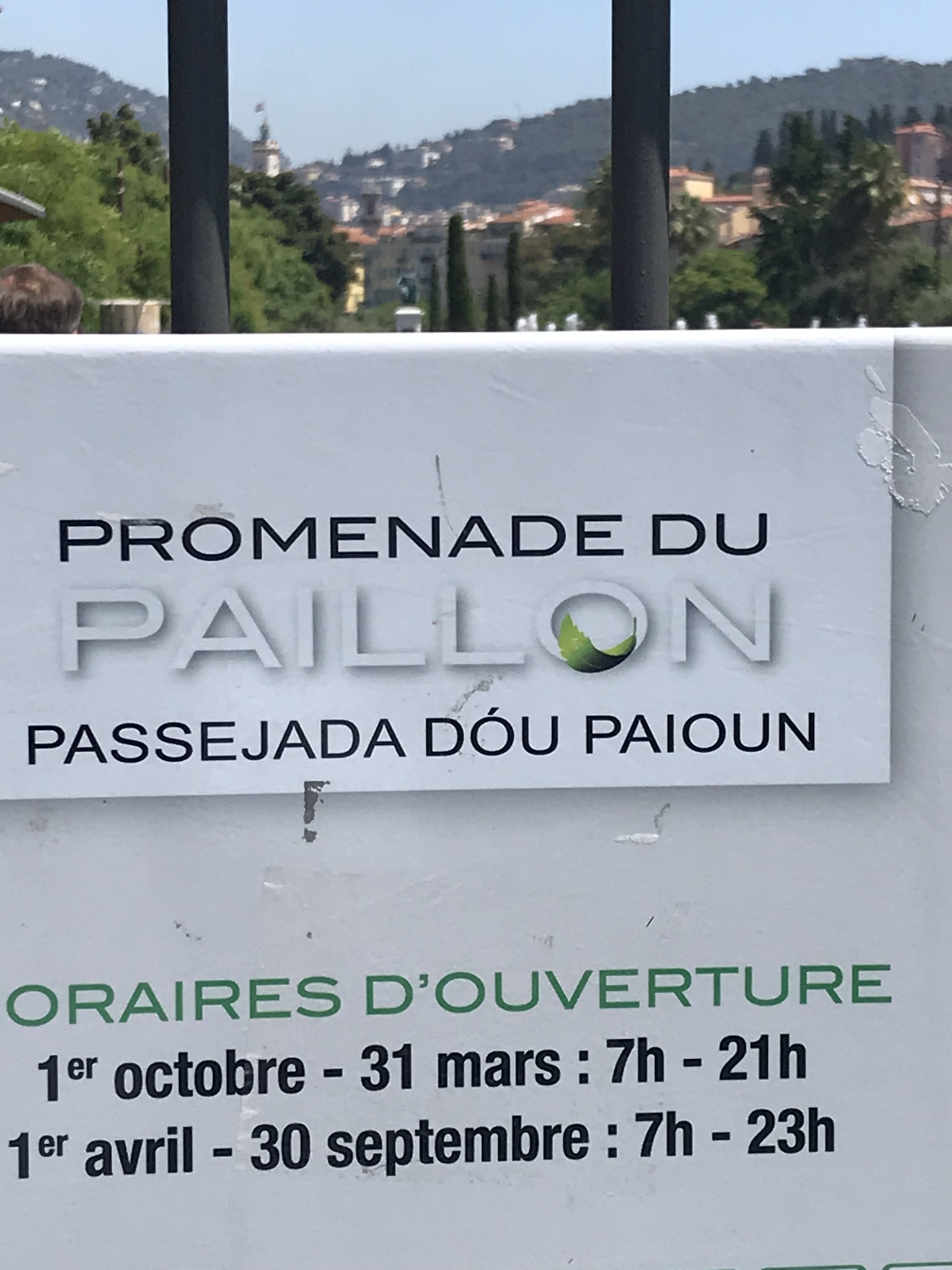As often, the London Review of Books has an interesting blog posting related to some of the language issues regarding the invasion of Ukraine and how language choices may often reflect the social realities (Hanafin 2022). The writer is studying Russian in Paris.
One point that is made is that Ukrainian is very different from Russian. I am trying to learn Ukrainian on Duolingo and my previous knowledge of Russian is a great aid in this but I am struck by how much is different. The language distance seems as great as between Russian and Slovak. Incidentally, there is mention of the language/dialect distinction and this is always a political rather than a linguistic one (there is a famous quotation that a language is a dialect ""a dialect with an army and a navy" (attributed to Weinreich, RLG 2010).
A second point that resonated was the way that teaching examples might change. So, Hanafin describes how his teacher is adding points about how people and institutions referred to in the texts used for teaching are affected by the war. This seems to be a reminder that texts used for teaching are not politically neutral and presumably ignoring the war would be a political choice that for Russians would be tacit support for the war. In a similar way, many language teaching texts address political issues such as climate change. Language teachers may not be politicians but they do have political as well as language and teaching interests.
Hanafin refers to the way some refugees he encounters "couldn't or wouldn't speak Russian". The latter seems more plausible to me but of course, I do not really know. I can imagine that many Ukrainians may now have a negative attitude to the language of the invaders. This slightly reminds me of a more trivial example I experienced in Hungary. I do not speak Hungarian and encountered a waiter who did not speak English and seemed apologetic about this, I tried French and again he seemed apologetic but when I tried Russian, he seemed indignant that I asked.
Hanafin S (2022) Translation exercises LRB Blogs at https://www.lrb.co.uk/blog/2022/july/translation-exercises?utm_medium=email&utm_campaign=20220803blog&utm_content=20220803blog+CID_dc3d5ac355cacfedc0624ee8c34eefb4&utm_source=LRB%20email&utm_term=Read%20more {accessed 04/08/22}
RLG (2010) Of dialects, armies and navies The Economist August 4th 2010 at https://www.economist.com/johnson/2010/08/04/of-dialects-armies-and-navies {Accessed 04/08/22}
